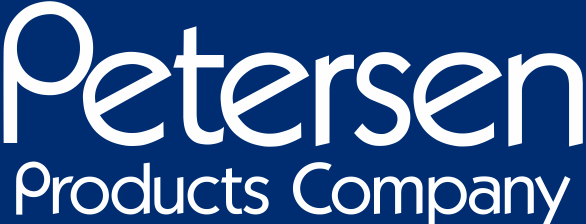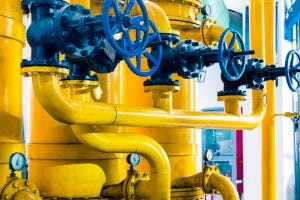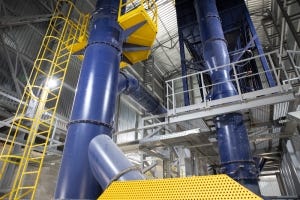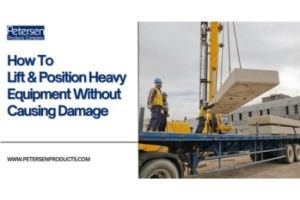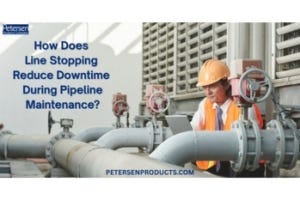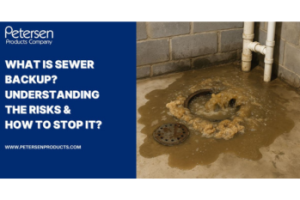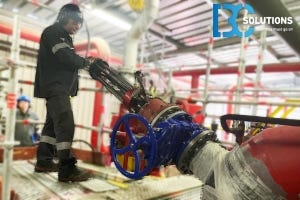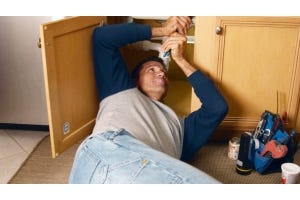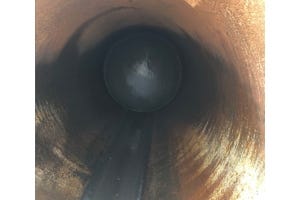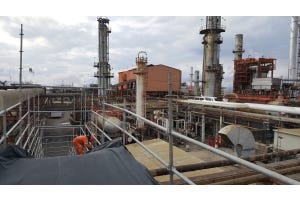Water Flow Control And Line Stopping

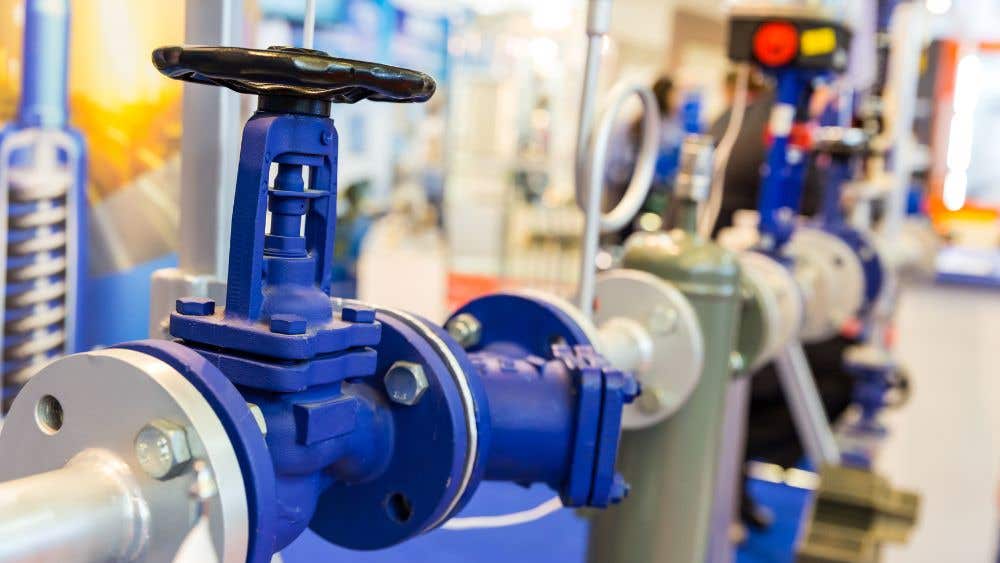
Water flow control is an integral aspect of both plumbing and industrial operations. It involves controlling both flow and pressure of water for maximum performance and safety in any given system. Good flow management practices are necessary for several reasons - including minimizing leakage, water loss reduction and increasing overall system efficiency.
Plumbing flow control ensures consistent water pressure for fixtures and appliances to operate properly, as well as minimizing overflows or backups, ensuring a steady supply of water at any given time. In industrial settings, efficient flow control helps boost processes by managing fluid flows for manufacturing, chemical processing, or other purposes.
By choosing appropriate flow control methods, system efficiency can be increased dramatically, leading to energy savings and reduced operating expenses.
Understanding Line Stopping
Line stopping is a technique employed in maintenance and repair operations to safely isolate sections of pipe without completely shutting down an entire system, providing for quick execution of repairs or modifications while keeping fluid flow going throughout. Through line stopping, operators can reduce downtime while still providing service continuity - essential factors when working in critical infrastructure environments.
Line stopping is essential in providing for repairs to systems without interfering with overall system operations, making repairs much less disruptive for companies that depend on uninterrupted flow such as water distribution or chemical processing. Line stopping increases operational efficiency and safety by enabling personnel to complete critical tasks without disrupting service or jeopardizing system integrity.
Optimizing Flow Control with the Right Tools
For successful water flow control and line stopping, using reliable tools is essential. Dependable line stop equipment like inflatable line stop pipe plugs and mechanical pipe plugs is necessary for system integrity during repairs; such tools allow workers to quickly isolate sections of pipe for repairs while also minimizing system disruptions.
Use of modern flow control technology is a simple and risk-free way to streamline processes in plumbing and industrial settings. Operators can safely manage water flow and pressure with tools tailored for specific situations, providing optimal performance. Furthermore, investing in high-quality equipment leads to improved operational safety and efficiency.
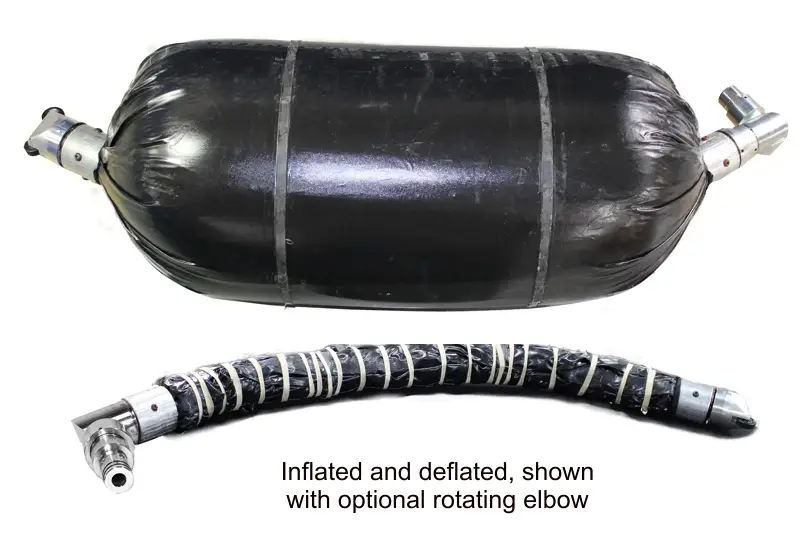
Best Practices for Implementing Flow Control Solutions
Implementing effective flow control solutions requires meticulous planning and execution; here are actionable best practices that can ensure its successful implementation:
- System Evaluations: Conduct regular evaluations to detect inefficiencies and identify opportunities for improvements, guaranteeing optimal reliability and efficiency of existing systems.
- Personnel Training: For optimal efficiency and reduced risks, ensure employees receive thorough training on flow control equipment and safety measures.
- Regular Maintenance: Conduct routine checks and maintenance checks on flow control devices in order to prevent failure and extend equipment lifespan.
- Documentation: In order to facilitate continuous development and accountability, keep accurate records of system evaluations, training sessions, and maintenance activities in order to promote continuous development and maintain full accountability for results.
High-Quality Flow Control and Line Stopping Solutions
Proper flow management and line stopping solutions are essential to operating efficiently and avoiding disruptions that could cost your business dearly. Any attempt at neglecting these requirements could cause substantial downtime and repairs that impact on its success - leading to disruptions that cost time, money, and effort in their repair.
To learn more about our flow and line stop products, reach out to Petersen Products by emailing us at sales@petersenproducts.com or call 262-692-3100. Our expert staff is available to assist you in selecting the best tools and equipment for optimal water management and system integrity!
Disclaimer: The information may be used but with no warranty or liability. This information is believed to be correct but should always be double checked with alternative sources. Strictly adhere to and follow all applicable national and local regulations and practices.
Regardless of these comments, it is always necessary to read and understand manufactures instructions and local regulations prior to using any item.

